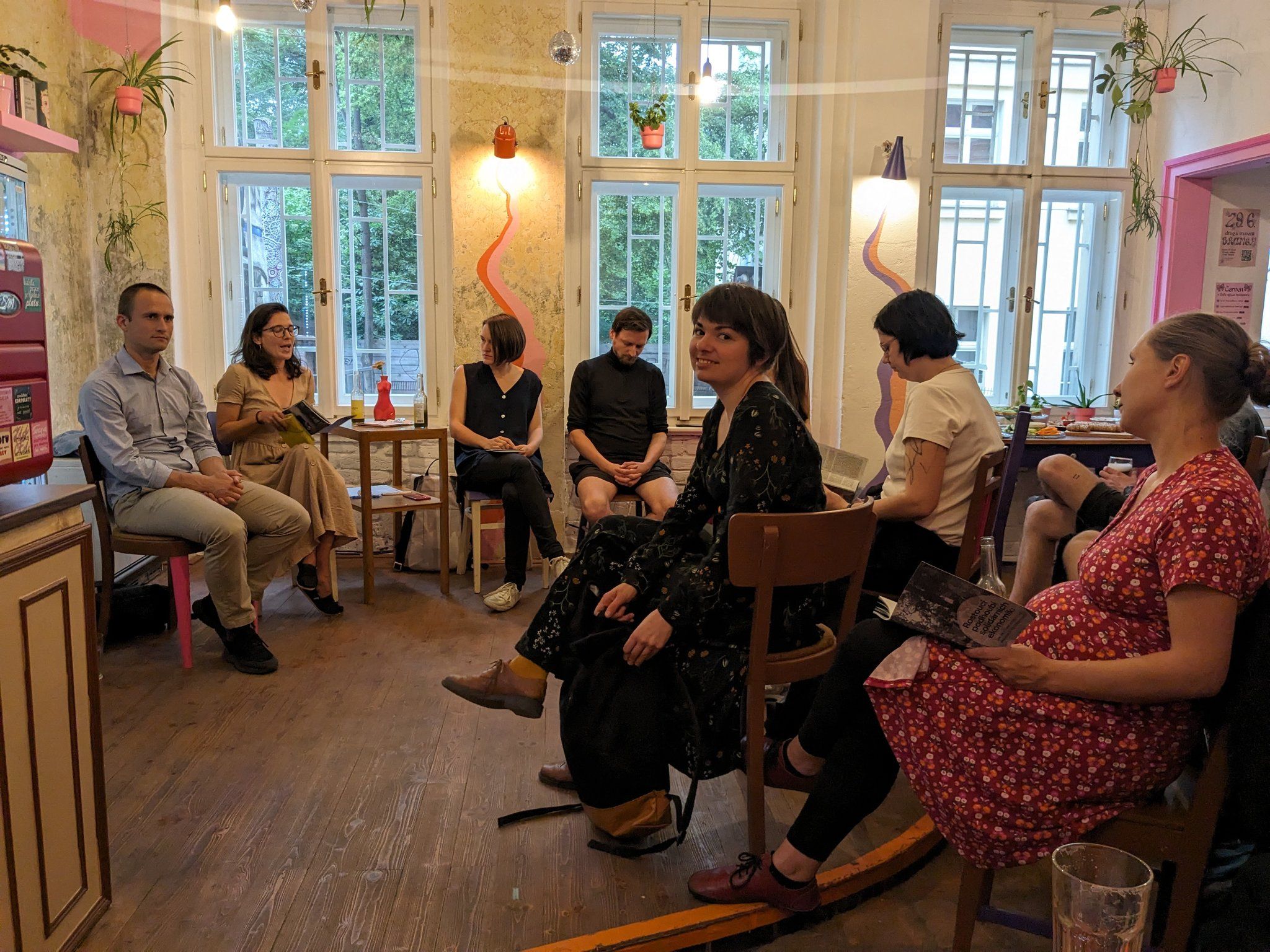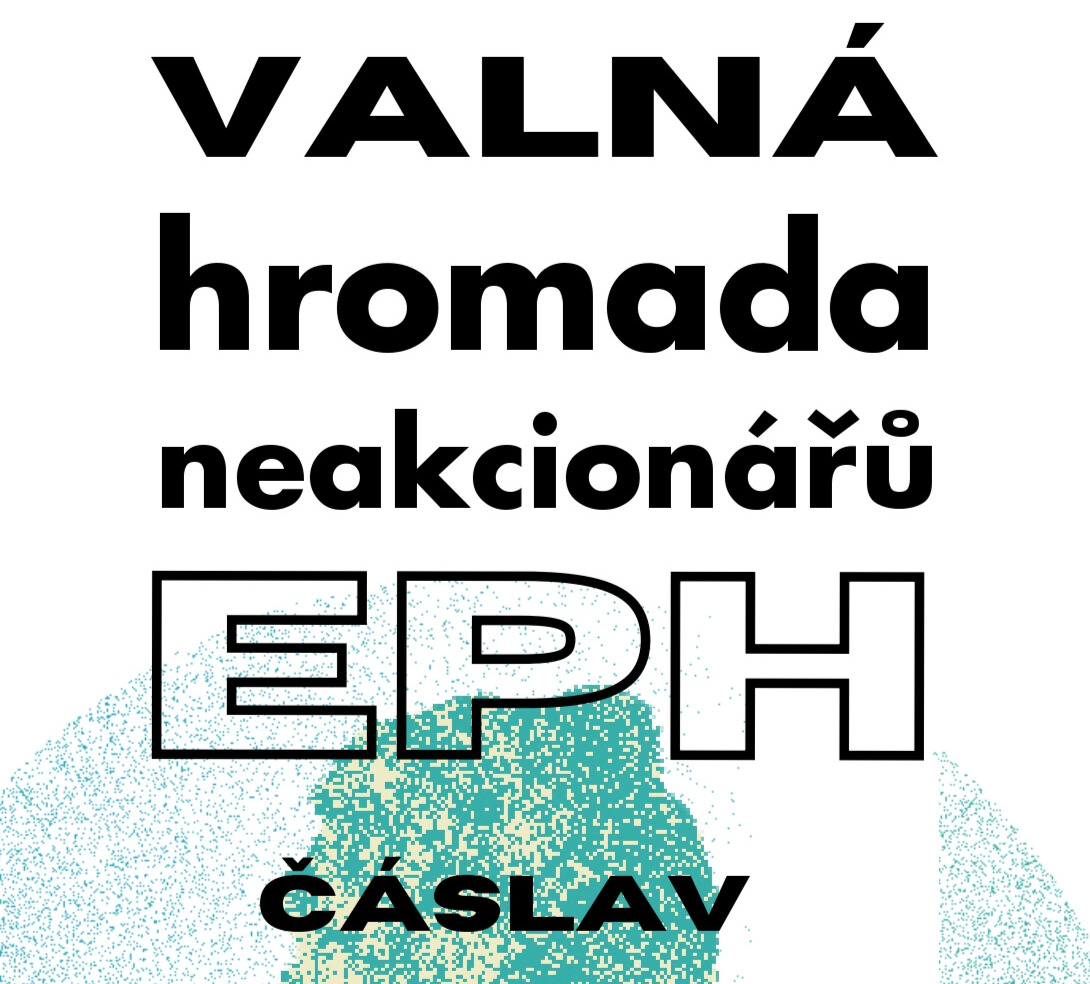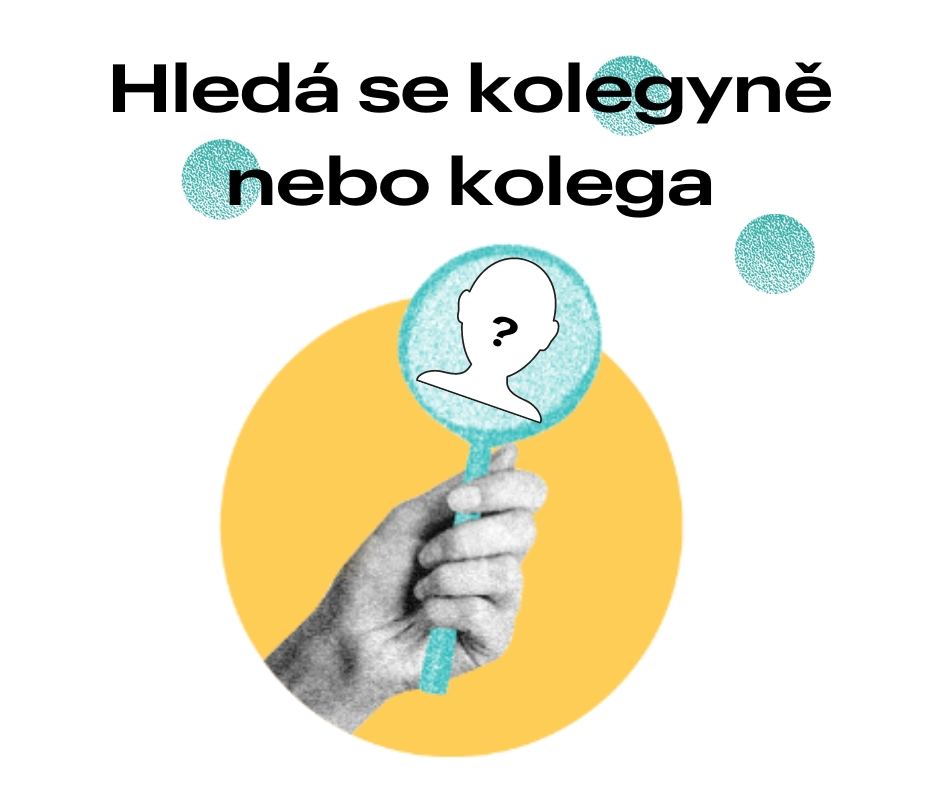At Re-set, we have long campaigned against the fossil fuel oligarchs and their interests. We show how oligarchisation is linked to energy poverty or the housing crisis. That's why we are trying to put pressure on the hotbeds of the climate and social crisis by organising people who are already affected - whether it's people living in rented accommodation as part of the Tenants' Initiative (INN), residents of Čáslav fighting against the expansion of the toxic waste dump, or people involved in various environmental movements. If there are enough of us and if we have built relationships of trust among ourselves, we can overcome even strong opponents.
We are convinced that the social and environmental crises are linked and have a common denominator: an economic system built on profit maximisation and unlimited growth. The way to a more fair society and a healthy environment is by abandoning this model and creating a new economy closer to human needs that respects the limits of our planet. And that is why we are developing and supporting solidarity economies that are already cultivating these new economic relationships today.
Solidarity economies are a vibrant alternative to capitalist practices. There are countless examples of solidarity practices in the world and in our own country: from cooperative enterprises to community-supported agriculture, bio-clubs, landscape associations and solidarity kitchens. What unites them is the aim of meeting people's needs instead of accumulating profits and the desire to benefit society. They are discussed in more detail in the booklet Economic Democracy and Solidarity (unfortunately it is only available in Czech).
We believe that the growth of solidarity economies, along with putting pressure on fossil fuel companies and capital, is central to systemic change. That's why we at Re-set work to strengthen them, build networks and connect them to movements and unions. We support the development of cooperatives and democratic ways of collective self-management. This is also why we recently published the book The Growing Underbelly of Solidarity Economies: How Economic Reciprocity Develops in Times of Crisis (also available in Czech only), which details the journeys of contemporary Czech cooperatives and other collectives in their efforts to work ethically. In the publication, we also mention more just and democratic alternatives that we ourselves are involved in building, such as the energy community in Děčín.

Linking unions, movements and the solidarity economy makes sense because these alliances are mutually reinforcing. When one buys vegetables from an organic grower with the higher wage one earned through the union work, one is strengthening the activities of a person who cares for the earth in addition to the production, instead of spending it in the supermarket which funnels the money to foreign owners. This farmer will then have enough money to, for example, donate part of his harvest to people in need or to those who are organising to fight for a better world. When we have access to affordable housing (for example, through the Shared Houses project) or cheap and green energy (for example, through the energy cooperative of the Friends of the Earth Czech Republic), this will provide us with material security and the opportunity to develop other aspects of our lives.
The model case where tenants can buy cheaper and better quality food at the Obživa food association in exchange for membership in the Tenants' Initiative has now been brought to fruition in Prague. We want to develop similar forms of cooperation further, and we will test them among other initiatives.
If our work makes sense to you and you have extra funds, we would be grateful for your support.
It will ensure the stability of our work and the further cultivation of solidarity.
"What is impossible for one, is easy for all together." (František Cyril Kampelík)
.jpg)
.jpg)
.jpg)



